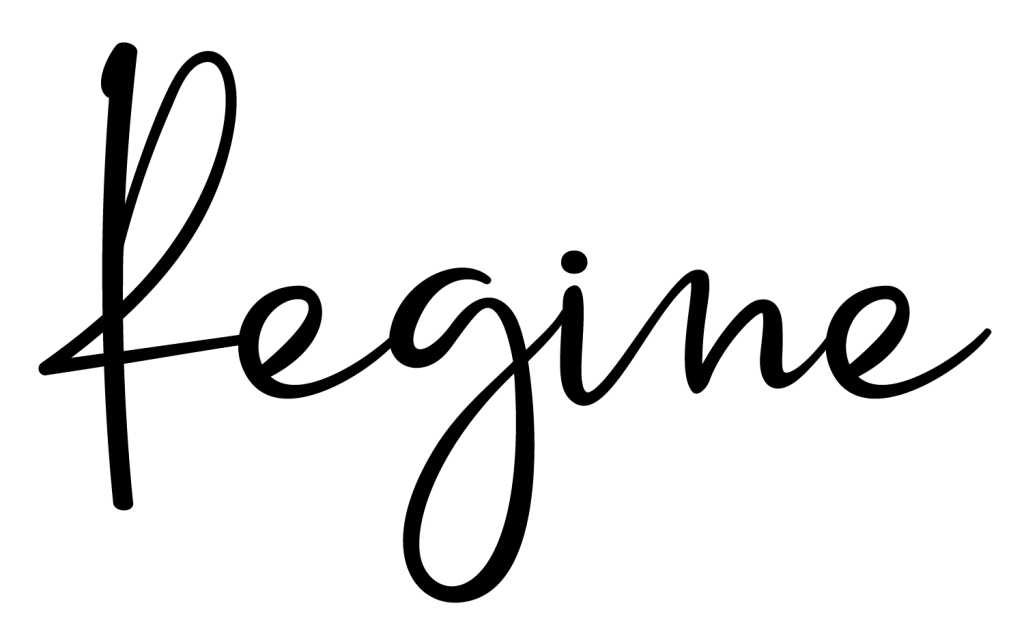If you followed my Advent Calendar, you know that I shared some tips and food for thought for you and your business. The last one will be this blog: setting you and your business up for a successful 2021.
We all are happy that 2020 is almost over, and we can move on into a hopefully better year. There are things that are beyond our control, but there are also many things that will be up to us to make 2021 a good year. As you may know, I’m a big believer in planning. The reason being, without a plan you don’t know where to focus your energy and discern what is important. You may start projects because they appear interesting, only to find out that they are not the right move for your business at this point in time.
It takes some reflecting and strategizing to determine what your business needs right now, what projects to start, what projects to continue, and what projects to abort to reach your business goals. By the way, the same is also true for your personal goals.
Around Christmas and before the start of the new year is my “quiet time.” Most people and businesses take a break. It’s the perfect time for me to take stock and have a look back. I invite you to do the same.
Looking Back
The first step is looking back at what has happened the last twelve months, or whatever your chosen timeframe may be. What has happened, and what impact did it have on your business. Write it down.
Finding the Truth
Especially in cases where I haven’t achieved my goal(s), I dig deeper and ask myself WHY and WHAT happened. Be like Sherlock Holmes and find all the big and little things that have led to the current situation.
Please don’t fall into the trap of making excuses such as no time, no money… that’s not what we’re after. You may not have had the time, but there is often an underlying reason for that, the real reason. That’s what you’d like to uncover. You may not have had the money, write down why. The insights you’ll gain will guide your decisions for the next year or the time period you chose.
Maybe the cost for an assistant or a new team member is outside of your budget and you have to rely on the resources at your disposal. It means you’ll have to plan without having the additional help. Maybe a project went south despite a promising start. Figuring out why is essential for avoiding the same mistake(s). Maybe you haven’t reached the number of subscribers you had aimed for. Analyzing what happened will inform your next steps.
But it is equally important to look at the things that went well. Asking WHY in these cases will give you insights into what you should do more of. For example, you may understand what type of projects are a great fit for your company, you may find out which people you work with really well. You’ll learn what triggered people to subscribe to your new service.
Write it all down. The good and the bad.
Planning the Future
Now that you have a clear picture of where you are at with your business, you have to decide where you will go from here. Write down all the ideas, plans, and projects you have in mind. After you are done, take a close look at them and ask yourself which ones truly align with your business purpose and goals. If all of them pass this test, you need to consider the one or two that will have the greatest impact on your business.
You don’t need to discard the other ideas, projects, or plans. But focusing on one or two major projects will ensure that you stay focused and get things moving forward. It also helps you avoid feeling overwhelmed–at least some of the time–because you have too many balls in the air. A good rule of thumb is to account for problems along the way. Often things appear simpler than they really are. And experience has shown me that everything usually takes longer than expected.
This is it for me for 2020. I’ll take some time off and hope to see you again in February 2021.
I wish you lots of success, and may your businesses flourish and grow.











